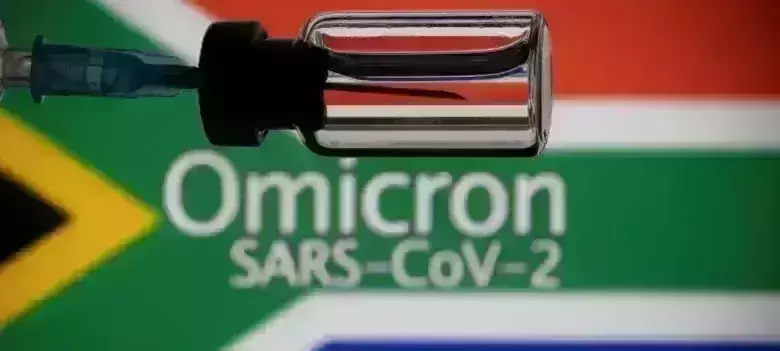
South African doctor terms suspected Omicron cases 'mild', but WHO urges caution
text_fieldsPretoria: Dr Angelique Coetzee, one of the first South African doctors who first sounded an alarm on the newly emerged strain of the coronavirus has said that the symptoms linked to the omicron have been reported to be 'mild' so far.
Coetzee who was talking to media outlets on Sunday said omicron doesn't seem worrisome and that the patients have recovered fully without hospitalisation.
Coetzee, who chairs the South African Medical Association, told the Telegraph she started suspecting something was up when patients started to come into her practice with symptoms that didn't quite match up with other COVID-19 patients.
Unlike the common symptoms of Covid which includes loss of taste or smell, Coetzee pointed out that the vast majority of patients were incredibly fatigued.
"What brought them to the surgery was this extreme tiredness," she said, speaking from Pretoria, where she practices.
She added that this was unusual for younger patients.
Most were men aged under 40 and a half vaccinated with mild muscle aches, a "scratchy throat" and dry cough, she said. While only a few had a slightly high temperature.
However, the World Health Organisation which has designated omicron as a variant of concern, cautioned there's "no information" symptoms caused by omicron are different from other strains.
"Initially reported infections were among university studies — younger individuals who tend to have the more mild disease — but understanding the level of severity of the omicron variant will take days to several weeks," according to the WHO statement.
Coetzee alerted health officials of a "clinical picture that doesn't fit Delta" -- South Africa's dominant variant -- on November 18, when she received the first seven of her 30-odd patients.
The news sparked a panicked flurry of travel bans on southern Africa as countries raced to contain its spread.
Coetzee said it was unfortunate that Omicron had been hyped as "this extremely dangerous virus variant" with multiple mutations while its virulency was still unknown.
Official statistics show that nearly three-quarters of the Covid-19 cases reported in South Africa in recent days have been identified as Omicron.
Since South Africa shared its discovery, a number of countries have detected Omicron infections in recent days, including Australia, Italy, the UK and Belgium.





